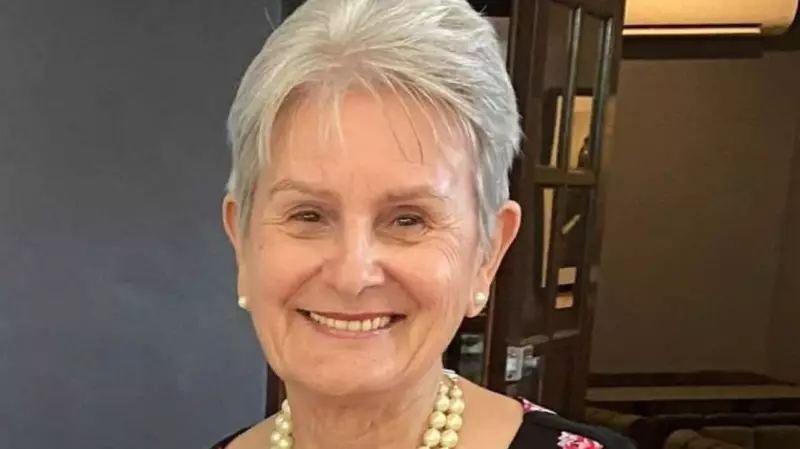
Medical specialists in North Queensland are raising urgent concerns about a disturbing trend they're witnessing in operating theatres and clinics across the region. Thoracic surgeons at Townsville University Hospital have observed a significant increase in lung cancer cases among people who have never smoked, challenging conventional understanding of the disease.
The Alarming Statistics Behind the Trend
Dr Vignesh Raman, a cardiothoracic surgeon at Townsville University Hospital, reveals that approximately 15-20% of lung cancer patients he now treats have no history of smoking. This represents a substantial shift from historical patterns where smoking was the predominant risk factor for developing lung cancer.
"We're seeing people in their 40s, 50s, and 60s who have never touched a cigarette in their lives presenting with advanced lung cancer," Dr Raman explains. The situation has become concerning enough that medical professionals are now urging non-smokers to be equally vigilant about potential symptoms.
Recognising the Warning Signs
Medical experts emphasize that early detection dramatically improves survival rates. The most common symptoms that should prompt immediate medical consultation include:
- A persistent cough that lasts more than three weeks
- Coughing up blood, even in small amounts
- Unexplained shortness of breath during normal activities
- Persistent chest infections that don't resolve with treatment
- Unexplained weight loss and fatigue
Dr Raman stresses the importance of timely investigation: "If you have a cough that persists beyond three weeks, particularly if it's changed in character, you need to get it checked out. Don't assume that because you've never smoked, it can't be serious."
Potential Causes and Prevention Strategies
While the exact reasons behind this increase remain under investigation, several potential factors are being considered. These include exposure to radon gas, which occurs naturally in some geological formations, as well as other environmental pollutants.
Genetic predisposition may also play a significant role, along with historical exposure to asbestos or other occupational hazards. Secondhand smoke exposure, though less common today, remains a concern for some individuals.
The medical community is advocating for increased awareness and earlier screening for at-risk individuals, regardless of smoking history. Current statistics indicate that only 20% of lung cancer cases are detected at an early, more treatable stage.
With lung cancer remaining one of the most common cancers in Australia, this new pattern among non-smokers represents a significant public health concern that requires both medical attention and community education.





